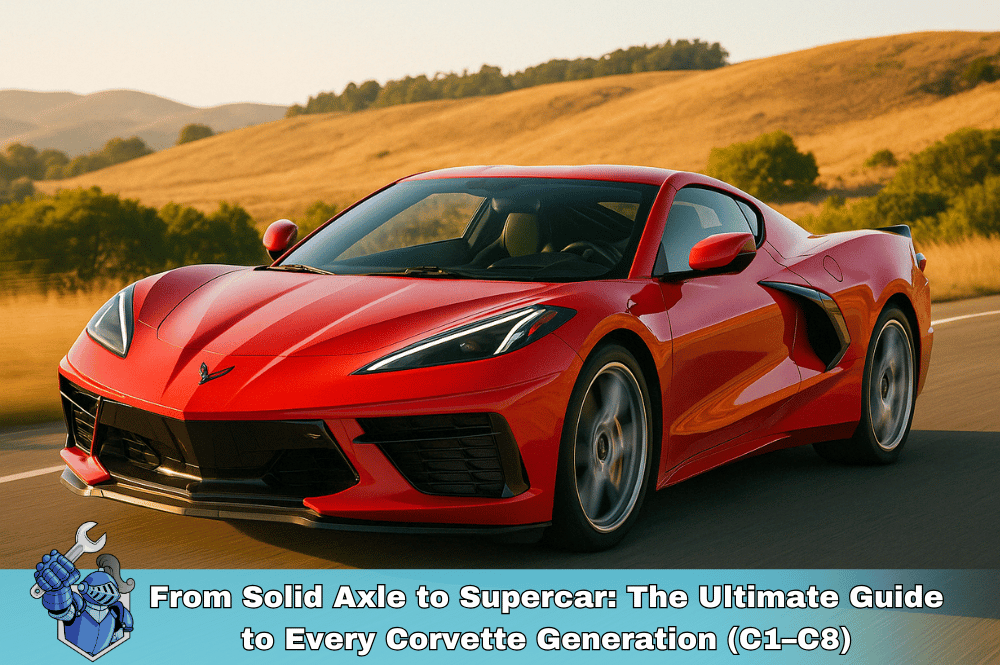It depends! New cars come with manufacturer warranties, so an extended warranty might seem unnecessary. However, if you plan on keeping your car for a long time, or if you're concerned about the cost of repairs, an extended warranty could provide valuable peace of mind. Consider the length and coverage of your factory warranty, the reliability of your car, and your own risk tolerance before making a decision.
The open road beckons, promising adventure and freedom. But as any seasoned driver knows, car ownership comes with its share of uncertainties. Unexpected breakdowns and costly repairs can quickly derail your journey, turning that dream drive into a financial nightmare. This is where extended warranties come into play, offering a safety net against the unpredictable nature of automobiles. But are they worth the investment? And how does your choice of transmission – automatic or manual – factor into the equation? Buckle up as we embark on a comprehensive exploration of extended warranties, dissecting their value proposition for both automatic and manual transmissions.
Understanding the Landscape: Extended Warranties and Their Purpose
Before delving into the specifics, let's establish a clear understanding of what extended warranties are and how they function. In essence, an extended warranty is a service contract that provides coverage for repairs or replacements beyond the manufacturer's original warranty period. Think of it as an insurance policy for your car's components, offering financial protection against unexpected mechanical failures.
These warranties come in various flavors, each with its own set of terms, conditions, and coverage limits. Some may focus on specific components like the powertrain or electrical system, while others offer more comprehensive coverage, encompassing a wider range of parts. The cost of an extended warranty typically depends on factors like the vehicle's age, mileage, make and model, and the level of coverage desired.
Automatic Transmissions: Complexity and Cost Implications
Automatic transmissions have become the dominant force in the automotive world, offering seamless gear changes and effortless driving experiences. However, this convenience comes at a price – increased complexity. Unlike their manual counterparts, automatic transmissions feature a sophisticated network of components, including:
- Torque Converter: This hydraulic device transmits power from the engine to the transmission, allowing for smooth gear transitions.
- Planetary Gearsets: These intricate gear arrangements enable the transmission to shift between multiple gear ratios.
- Hydraulic Control System: A complex system of valves and solenoids regulates fluid flow to control gear shifts.
- Electronic Control Unit (ECU): The brain of the transmission, the ECU manages shift patterns, monitors sensor data, and ensures optimal performance.
This intricate design translates to higher repair costs when things go awry. Replacing a torque converter, for instance, can easily set you back thousands of dollars. A faulty valve body or a malfunctioning ECU can also lead to hefty repair bills. This is where extended warranties shine, offering a financial buffer against these potentially crippling expenses.
Manual Transmissions: Simplicity and Potential for DIY Repairs
Manual transmissions, on the other hand, are known for their mechanical simplicity. While they may require more driver involvement, they generally have fewer components and are less prone to catastrophic failures. This translates to lower repair costs compared to automatics. Common issues with manual transmissions include:
- Clutch Wear: The clutch is a wear-and-tear item that needs periodic replacement, especially with aggressive driving habits.
- Synchronizer Issues: Synchronizers ensure smooth gear changes. Worn synchronizers can lead to grinding or difficulty shifting.
- Gear Wear: While less common, gears can wear down over time, especially with high mileage or improper lubrication.
The relative simplicity of manual transmissions also opens the door for DIY repairs. For those with mechanical aptitude, tasks like replacing a clutch or bleeding the hydraulic system can be tackled at home, further reducing repair costs. However, even with their inherent simplicity, manual transmissions can still experience costly failures, especially in high-performance or older vehicles. An extended warranty can provide valuable protection in these scenarios, safeguarding against unexpected expenses.
Weighing the Benefits: Extended Warranties for Automatic vs. Manual Transmissions
Given the contrasting complexities and repair costs associated with automatic and manual transmissions, it's natural to wonder how the value of an extended warranty differs between the two. Let's break down the key considerations:
Automatic Transmissions:
- Higher Potential for Expensive Repairs: The intricate nature of automatic transmissions makes them more susceptible to costly failures.
- Greater Value in Warranty: An extended warranty can provide significant financial protection against these potentially exorbitant repair bills.
- Peace of Mind: Knowing you're covered in case of a major transmission failure can alleviate stress and provide peace of mind.
Manual Transmissions:
- Lower Repair Costs: Manual transmissions are generally less expensive to repair.
- Potential for DIY Repairs: This further reduces the financial burden of repairs for those with mechanical skills.
- Warranty Still Beneficial: While potentially less critical than for automatics, an extended warranty can still offer valuable protection, especially for older or high-performance vehicles.
Key Factors to Consider:
Beyond the type of transmission, several other factors influence the value proposition of an extended warranty:
- Vehicle Age and Mileage: Older vehicles or those with high mileage are more likely to experience mechanical issues, making an extended warranty more appealing.
- Driving Habits: Aggressive driving or frequent towing can put additional strain on the transmission, increasing the likelihood of repairs.
- Vehicle Make and Model: Some vehicles have a reputation for transmission problems, making an extended warranty a wise investment.
- Cost of the Warranty: Carefully evaluate the cost of the warranty against the potential repair expenses and your risk tolerance.
- Coverage Terms: Thoroughly review the warranty terms, paying close attention to what components are covered, any exclusions, and the deductible.
Deciphering the Fine Print: Understanding Warranty Coverage
Navigating the world of extended warranties can feel like traversing a maze of legal jargon and fine print. To make an informed decision, it's crucial to understand the nuances of warranty coverage. Here are some key aspects to consider:
Types of Coverage: Extended warranties typically fall into two categories:
Stated Component Coverage: This type of warranty explicitly lists the covered components. It offers greater transparency but may have limitations if a component not listed fails.
Exclusionary Coverage: This type of warranty covers all components except those specifically excluded. It offers broader coverage but requires careful scrutiny of the exclusions.
Coverage Limits: Pay attention to any limitations on coverage, such as mileage or time limits. Some warranties may also have a cap on the total repair costs they will cover.
Deductibles: Most extended warranties have a deductible, which is the amount you pay out-of-pocket for a covered repair.
Transferability: If you plan to sell your vehicle before the warranty expires, check if it's transferable to the new owner. This can add value to your car.
Claims Process: Understand the process for filing a claim, including any required documentation or procedures.
Reputation of the Warranty Provider: Choose a reputable warranty provider with a strong track record of customer satisfaction and financial stability.
Beyond the Transmission: Other Factors Influencing Warranty Value
While the type of transmission plays a significant role in determining the value of an extended warranty, it's not the sole factor. Here are some other crucial considerations:
Overall Vehicle Condition: A well-maintained vehicle with a clean service history is less likely to require major repairs, potentially reducing the need for an extended warranty.
Personal Financial Situation: If you have a limited budget or a high risk tolerance, an extended warranty may provide peace of mind and protect you from unexpected financial burdens.
Driving Conditions: If you frequently drive in harsh conditions, such as extreme heat or cold, or on rough terrain, your vehicle may be more susceptible to wear and tear, making an extended warranty more appealing.
Frequency of Use: Vehicles driven infrequently may be less likely to experience mechanical issues, potentially reducing the need for an extended warranty.
Making the Decision: Is an Extended Warranty Right for You?
Ultimately, the decision of whether to purchase an extended warranty is a personal one. There's no one-size-fits-all answer. By carefully weighing the factors discussed above – the type of transmission, vehicle age and condition, driving habits, warranty coverage, and your personal financial situation – you can make an informed choice that aligns with your needs and risk tolerance.
Tips for Choosing an Extended Warranty:
- Shop Around: Compare quotes from multiple warranty providers to find the best coverage and price.
- Read the Fine Print: Thoroughly review the warranty contract, paying close attention to exclusions, limitations, and the claims process.
- Consider Your Budget: Choose a warranty that fits your budget and provides adequate coverage for your needs.
- Choose a Reputable Provider: Select a warranty provider with a strong track record and positive customer reviews.
- Don't Be Pressured: Take your time to make an informed decision. Don't feel pressured to purchase a warranty on the spot.
Extended Warranties in the Age of Advanced Technology
As vehicles become increasingly complex, with sophisticated electronics and advanced driver-assistance systems, the role of extended warranties is evolving. Modern cars are equipped with features like:
- Adaptive Cruise Control: This system automatically adjusts the vehicle's speed to maintain a safe distance from the car in front.
- Lane Departure Warning: This system alerts the driver if the vehicle starts to drift out of its lane.
- Automatic Emergency Braking: This system can automatically apply the brakes to prevent or mitigate a collision.
- Infotainment Systems: These systems provide entertainment, navigation, and connectivity features.
While these technologies enhance safety and convenience, they also introduce new complexities and potential points of failure. Extended warranties are adapting to this changing landscape, with some providers offering coverage for these advanced systems.
Emerging Trends in Extended Warranties:
Data-Driven Coverage: With the rise of connected vehicles, warranty providers can leverage vehicle data to personalize coverage and pricing based on individual driving habits and vehicle usage.
Predictive Maintenance: By analyzing vehicle data, warranty providers can anticipate potential issues and proactively recommend maintenance, potentially preventing costly breakdowns.
Usage-Based Warranties: These warranties adjust coverage based on actual vehicle usage, offering greater flexibility and potentially lower costs for low-mileage drivers.
Subscription-Based Models: Some providers are moving towards subscription-based models, allowing customers to pay for coverage on a monthly or annual basis, offering greater flexibility and affordability.
The Future of Extended Warranties: Embracing Technological Advancements
As technology continues to revolutionize the automotive industry, extended warranties are poised to play an even more critical role in protecting car owners from unexpected expenses. Here are some key trends shaping the future of extended warranties:
Electric Vehicles (EVs): With the growing popularity of EVs, extended warranties are adapting to cover the unique components of these vehicles, such as battery packs, electric motors, and charging systems.
Autonomous Vehicles: As self-driving technology matures, extended warranties will need to address the complex sensors, software, and hardware that enable autonomous driving.
Artificial Intelligence (AI): AI-powered diagnostics and predictive analytics will enable more accurate risk assessments and personalized warranty offerings.
Blockchain Technology: Blockchain can enhance transparency and security in warranty contracts, streamlining claims processing and preventing fraud.
Beyond Financial Protection: The Added Value of Extended Warranties
While the primary function of an extended warranty is to provide financial protection against repair costs, they often come with additional benefits that enhance the ownership experience:
Roadside Assistance: Many warranties include roadside assistance, providing services like towing, jump-starts, flat tire changes, and fuel delivery.
Rental Car Reimbursement: If your vehicle requires extensive repairs, some warranties offer rental car reimbursement to keep you mobile.
Trip Interruption Coverage: If a breakdown occurs far from home, some warranties provide coverage for lodging and transportation expenses.
Peace of Mind: Knowing you're protected against unexpected repair costs can provide invaluable peace of mind, allowing you to enjoy your driving experience without financial worries.
Making Informed Decisions: Empowering Consumers in the Warranty Marketplace
The extended warranty landscape can be complex and confusing. To empower consumers, it's essential to promote transparency and provide accessible information. Here are some resources that can help:
Consumer Reports: This independent organization provides unbiased reviews and ratings of extended warranty providers.
Better Business Bureau (BBB): The BBB provides information on the reputation and customer satisfaction ratings of warranty companies.
Online Reviews: Read online reviews from other customers to get insights into their experiences with different warranty providers.
State Insurance Departments: Many state insurance departments regulate extended warranty providers and can provide information on consumer rights and complaint procedures.
Conclusion: Navigating the Road Ahead with Confidence
As we've explored, extended warranties can be a valuable tool for car owners, offering financial protection and peace of mind against the uncertainties of vehicle ownership. While the type of transmission – automatic or manual – plays a significant role in determining the value of an extended warranty, it's crucial to consider a holistic set of factors, including vehicle age and condition, driving habits, coverage terms, and personal financial circumstances.
By understanding the nuances of extended warranties, deciphering the fine print, and staying informed about emerging trends, consumers can make empowered decisions that align with their needs and risk tolerance. As technology continues to reshape the automotive landscape, extended warranties will evolve to meet the challenges and opportunities of this dynamic industry, ensuring that drivers can navigate the road ahead with confidence and peace of mind.
Frequently Asked Questions About Extended Warranties
Are extended warranties worth it for new cars?
What does an extended car warranty typically cover?
Extended warranties can cover a wide range of components, from the engine and transmission (powertrain warranty) to almost everything in your car (bumper-to-bumper warranty). Some warranties focus on specific components, while others exclude certain items. It's crucial to read the contract carefully to understand what is and isn't covered.
How much does an extended car warranty cost?
The cost of an extended warranty varies based on several factors: the car's age, mileage, make and model, the level of coverage, and the deductible you choose. Generally, older cars and those with higher mileage will have higher warranty costs.
Can I transfer my extended warranty if I sell my car?
Often, yes! Transferring your warranty can be a strong selling point. The process usually involves contacting the warranty provider and paying a small transfer fee. This can increase your car's resale value and make it more attractive to buyers.
What are the different types of extended car warranties?
There are two main types: manufacturer-backed warranties and third-party warranties. Manufacturer-backed warranties are usually more comprehensive and may be honored at any dealership for that car brand. Third-party warranties can offer more flexibility and may be more affordable, but it's important to research the provider's reputation.
How do I choose the best extended car warranty?
Choosing the right warranty requires some homework. Compare quotes from multiple providers, read the fine print carefully, and check the provider's reputation online. Understand the claims process and make sure you're comfortable with the terms and conditions.
What are some common exclusions in extended car warranties?
Extended warranties typically don't cover regular maintenance (like oil changes), wear-and-tear items (like brake pads), and damage from misuse or accidents. Be sure to review the exclusions list in your contract to avoid surprises later on.
Should I get an extended warranty for an older car?
Older cars are more likely to need repairs, but an extended warranty can help manage those costs. Weigh the car's condition, its repair history, and your budget against the cost of the warranty. A pre-purchase inspection can help you assess the car's overall health.
What are the benefits of an extended car warranty besides repair coverage?
Many extended warranties offer extra perks like roadside assistance, rental car reimbursement while your car is being repaired, and trip interruption coverage if a breakdown forces you to cancel or interrupt your trip.
Do extended warranties cover repairs for advanced technology in cars?
Increasingly, yes. As cars become more technologically complex, some extended warranties are evolving to cover features like adaptive cruise control, lane departure warning, and infotainment systems. Check the contract for specifics on advanced technology coverage.
Suggestions for you
Read MoreLet’s work together
Every week we showcase three charitable organizations that our donations are sent to. Our clients are able to choose which of these three will receive their gift when they add coverage to their vehicle...

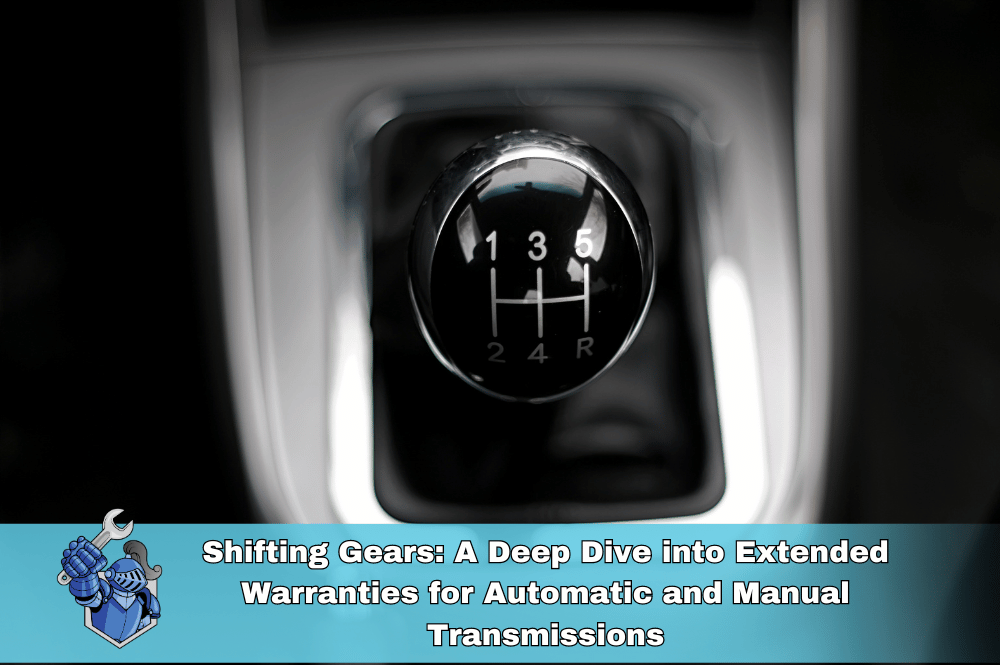
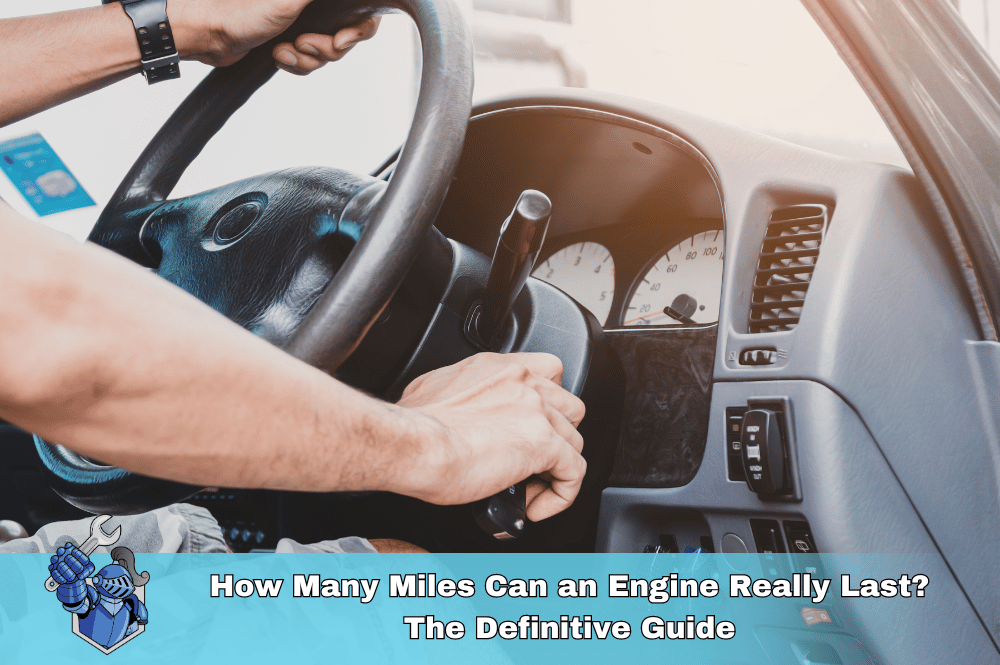 How Many Miles Can an Engine Really Last? The Definitive Guide
How Many Miles Can an Engine Really Last? The Definitive Guide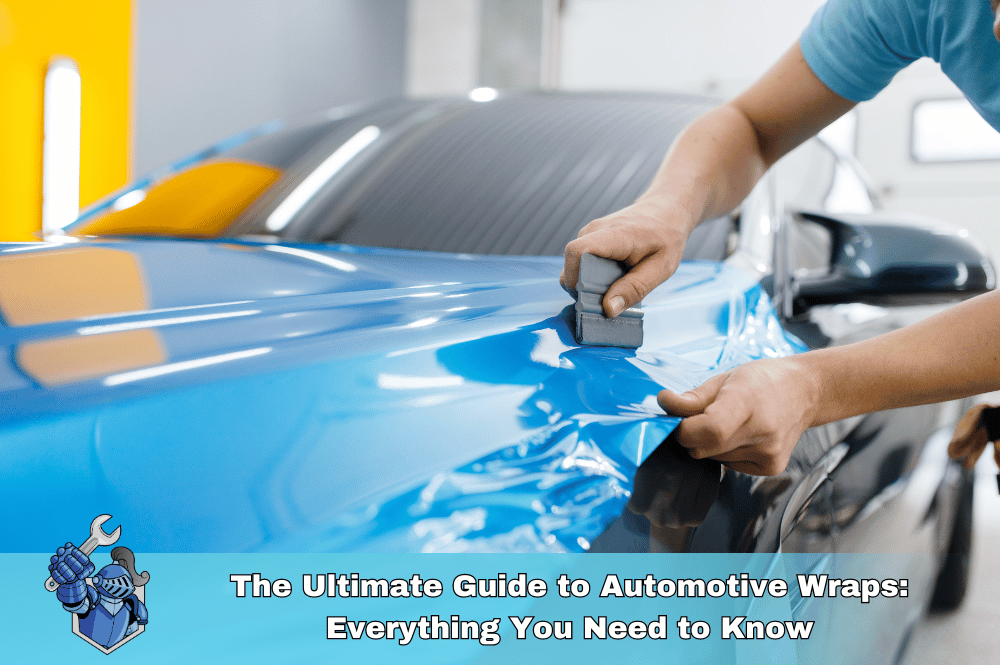 The Ultimate Guide to Automotive Wraps: Everything You Need to Know
The Ultimate Guide to Automotive Wraps: Everything You Need to Know Dealer vs. Local Mechanic: Where Should You Take Your Car for Repairs?
Dealer vs. Local Mechanic: Where Should You Take Your Car for Repairs? Stranded on the Sidelines: Your Essential Guide to Roadside Breakdowns & Staying Safe
Stranded on the Sidelines: Your Essential Guide to Roadside Breakdowns & Staying Safe How to Choose the Best First Car for Your Teen in 2024: A Parent's Guide
How to Choose the Best First Car for Your Teen in 2024: A Parent's Guide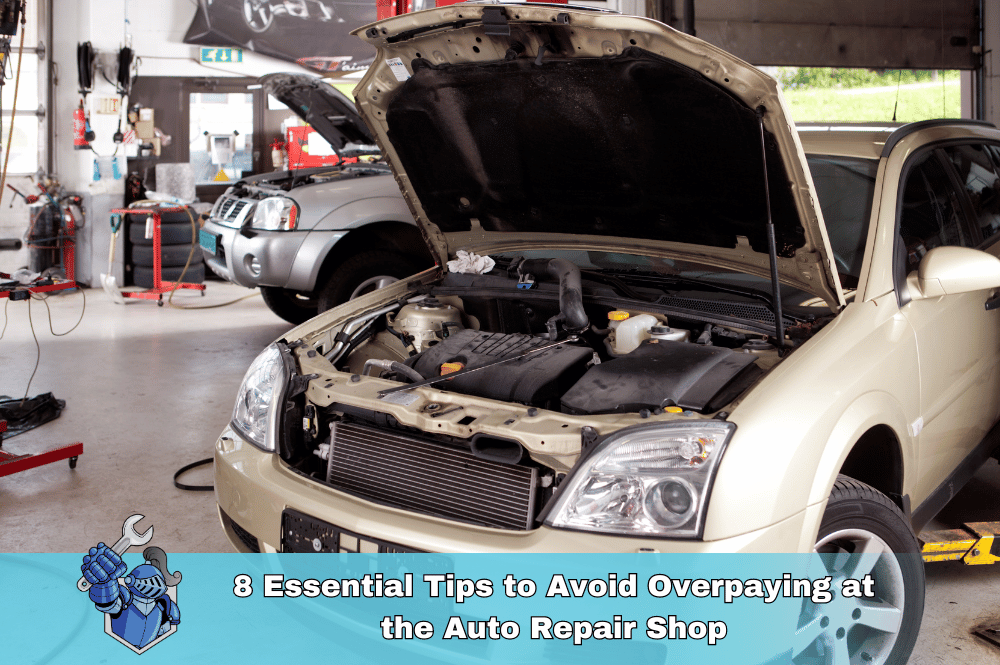 8 Essential Tips to Avoid Overpaying at the Auto Repair Shop
8 Essential Tips to Avoid Overpaying at the Auto Repair Shop How to Replace Your Car Key Battery Tips Costs and More
How to Replace Your Car Key Battery Tips Costs and More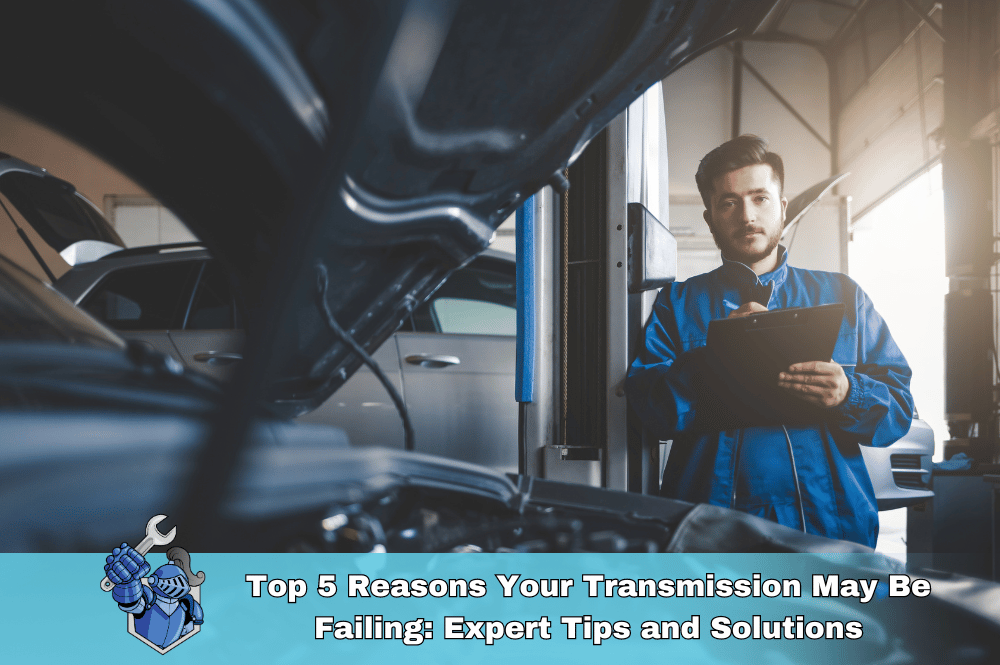 The Essential Guide to Car Maintenance: How to Keep Your Vehicle Running Smoothly
The Essential Guide to Car Maintenance: How to Keep Your Vehicle Running Smoothly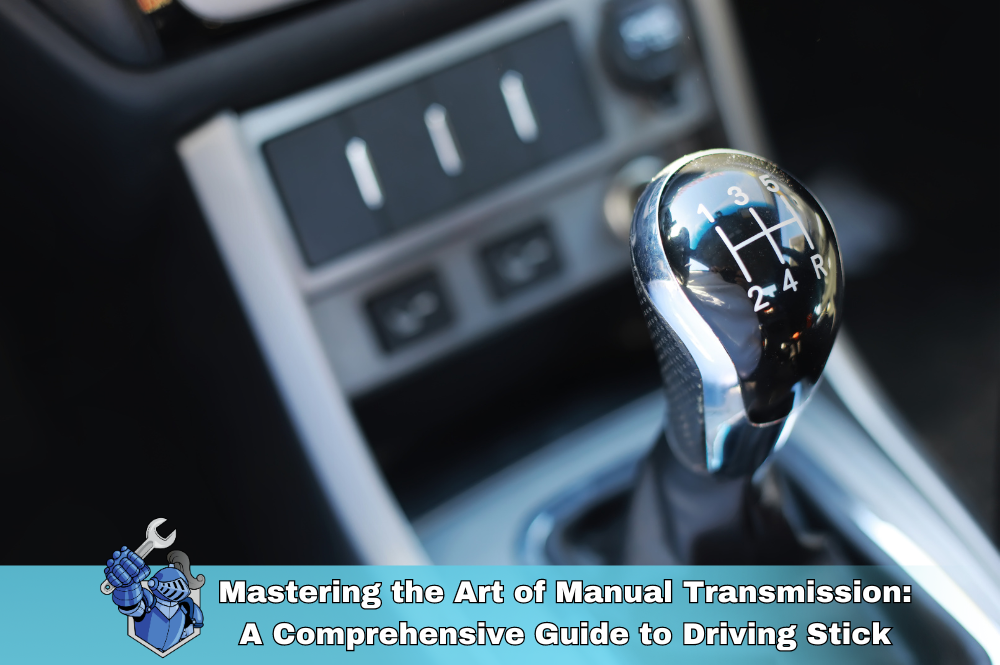 Mastering the Art of Manual Transmission: A Comprehensive Guide to Driving Stick
Mastering the Art of Manual Transmission: A Comprehensive Guide to Driving Stick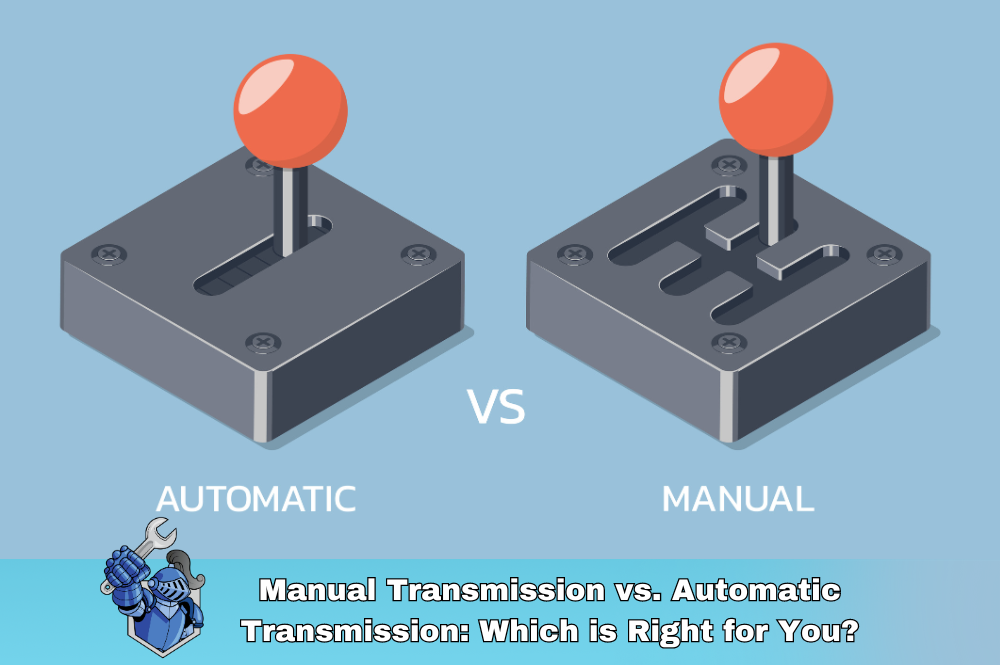 Manual Transmission vs. Automatic Transmission: Which is Right for You?
Manual Transmission vs. Automatic Transmission: Which is Right for You? The Pros of an Extended Warranty: Why It’s Worth the Investment
The Pros of an Extended Warranty: Why It’s Worth the Investment
